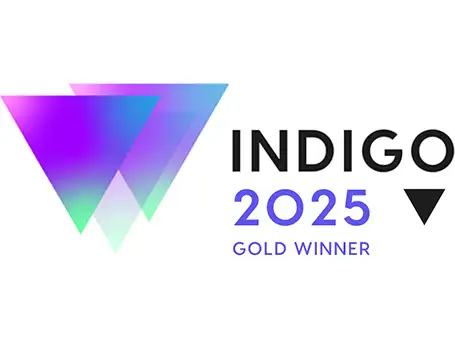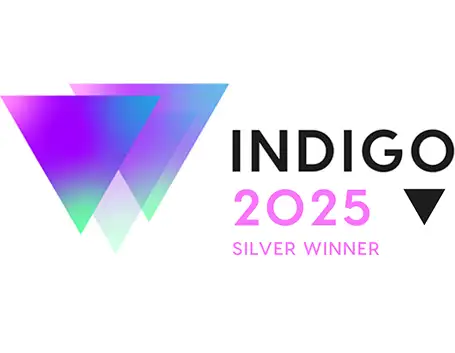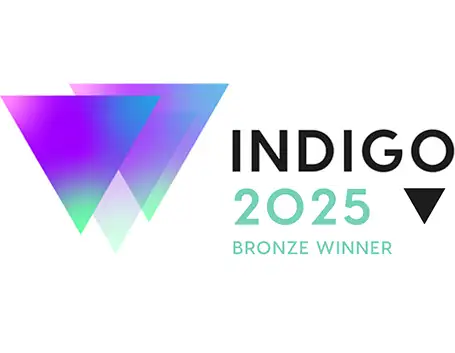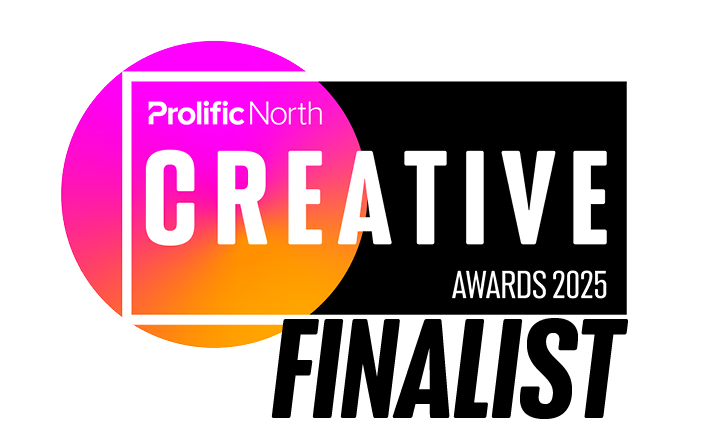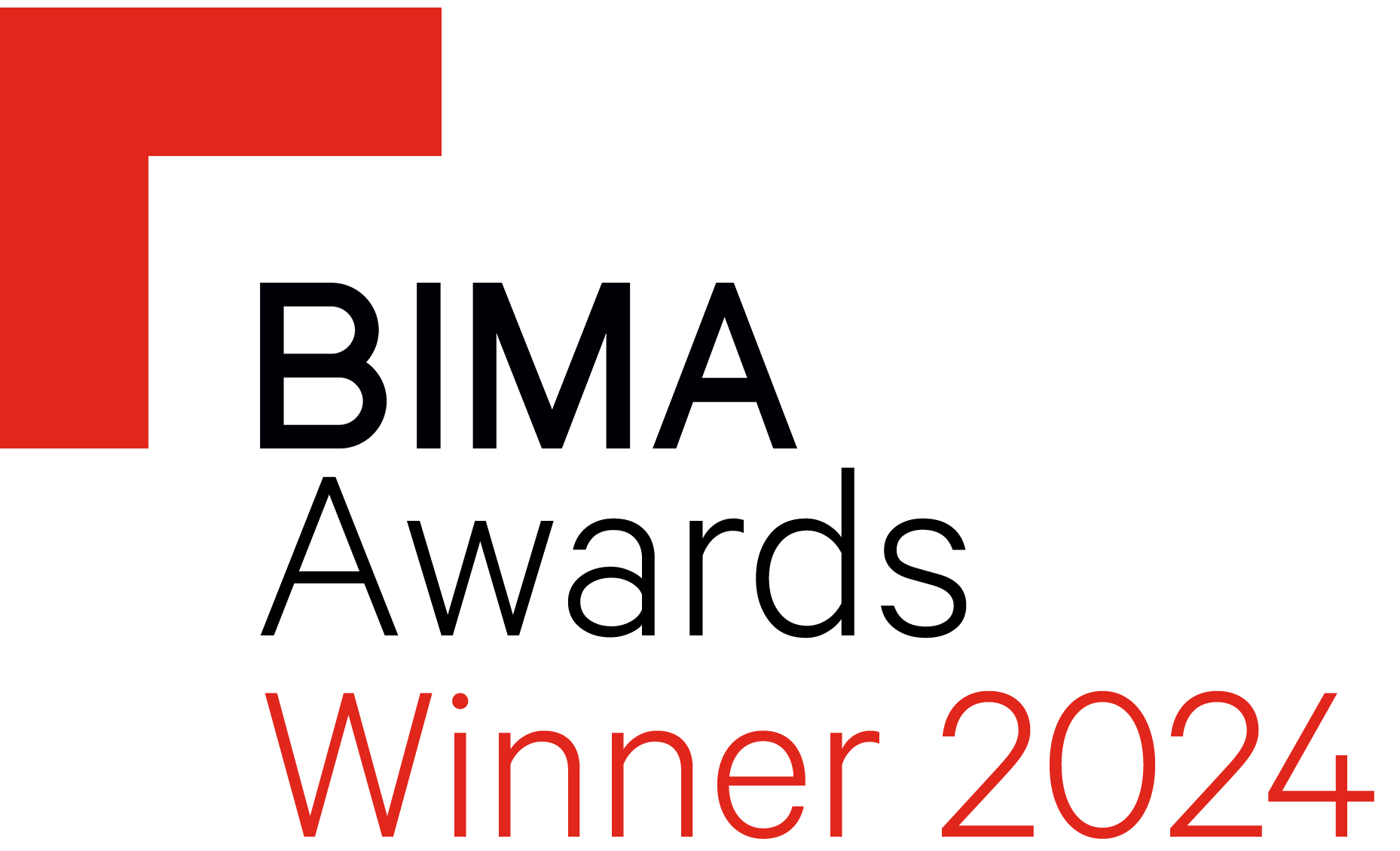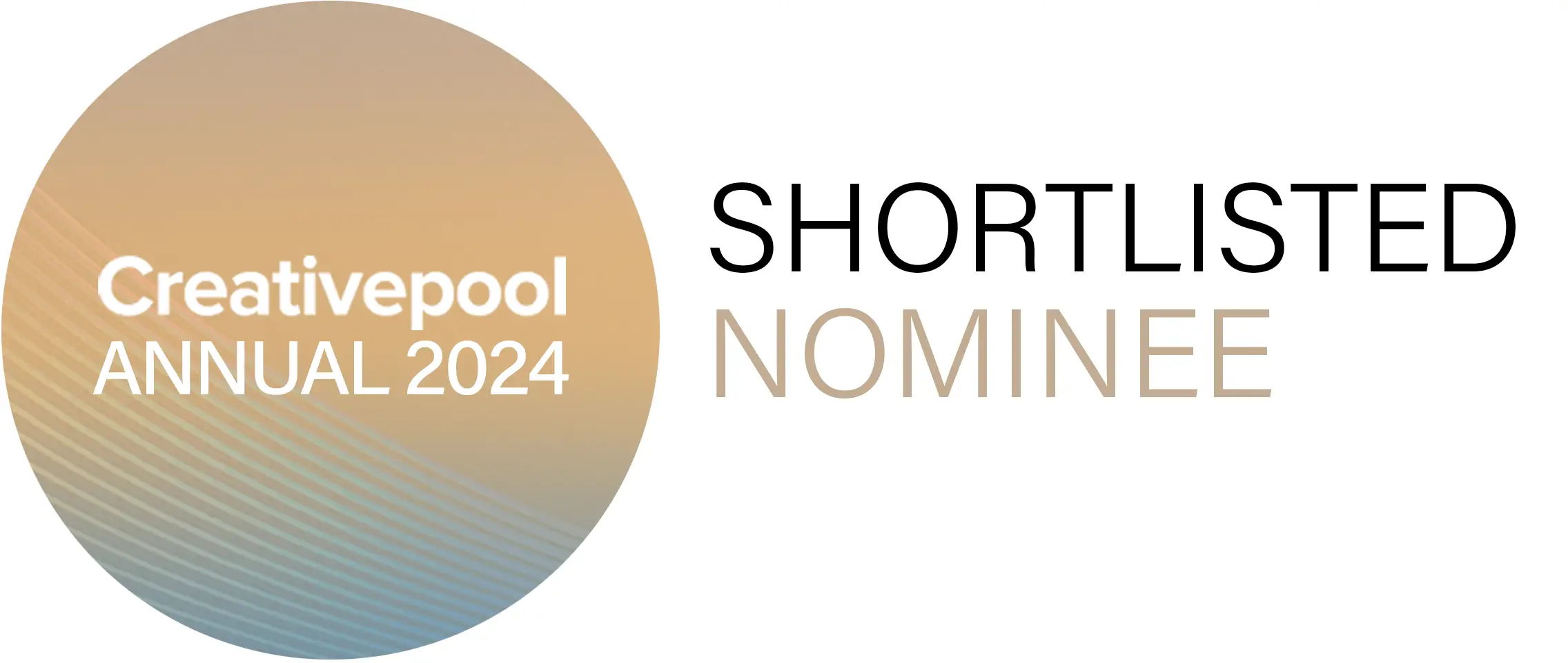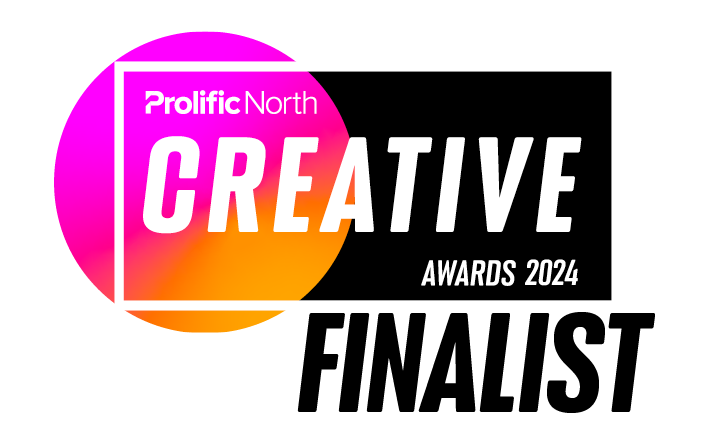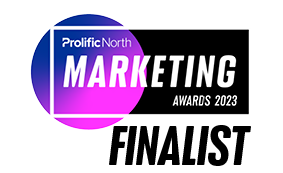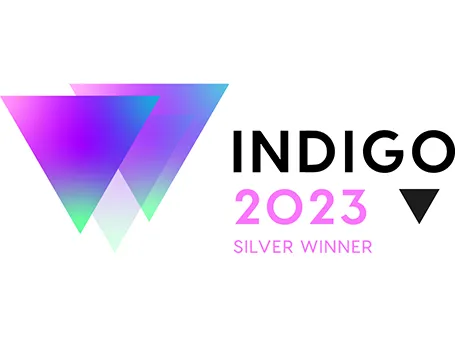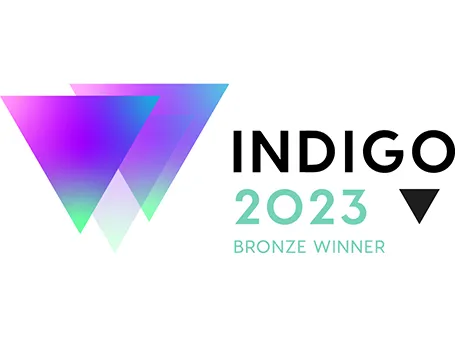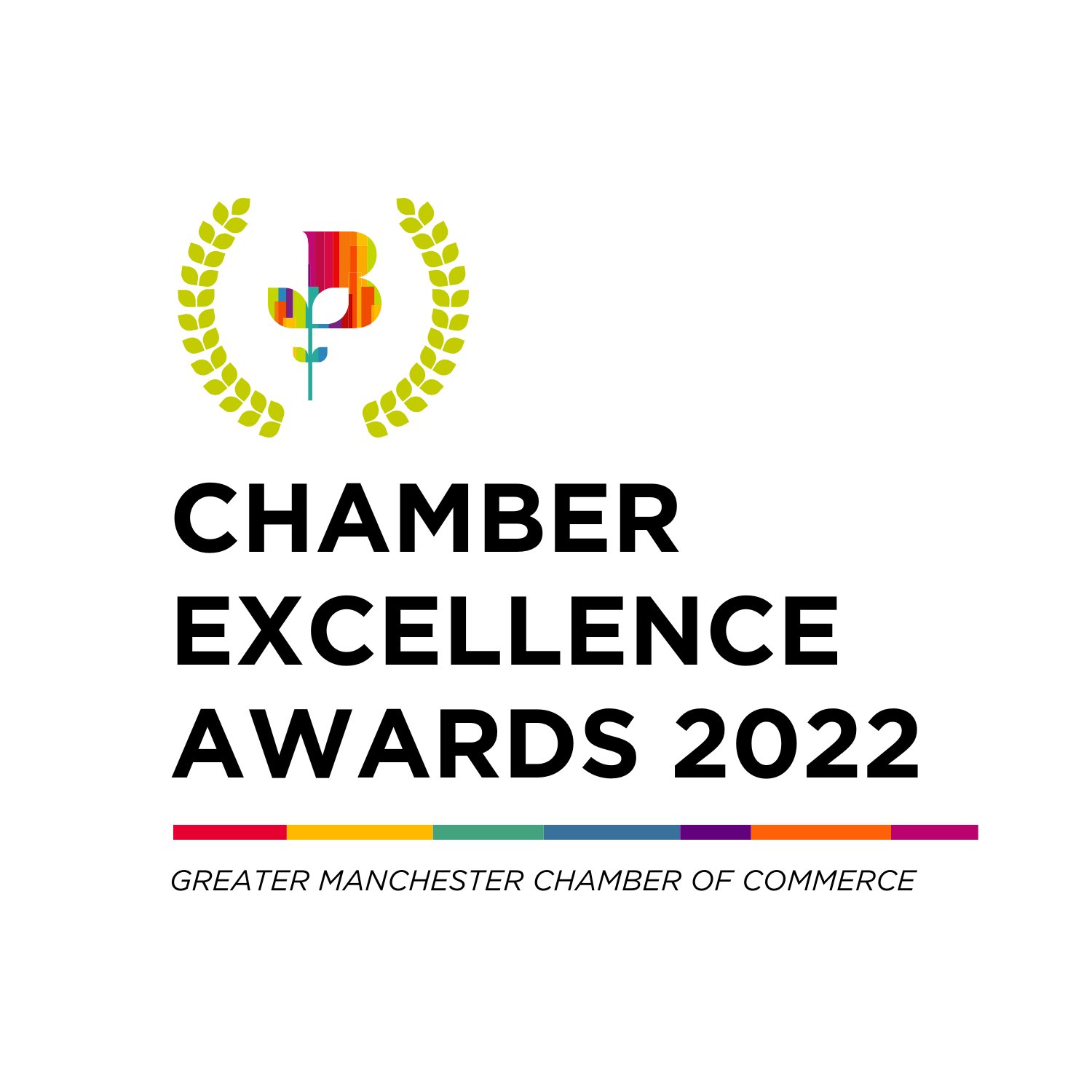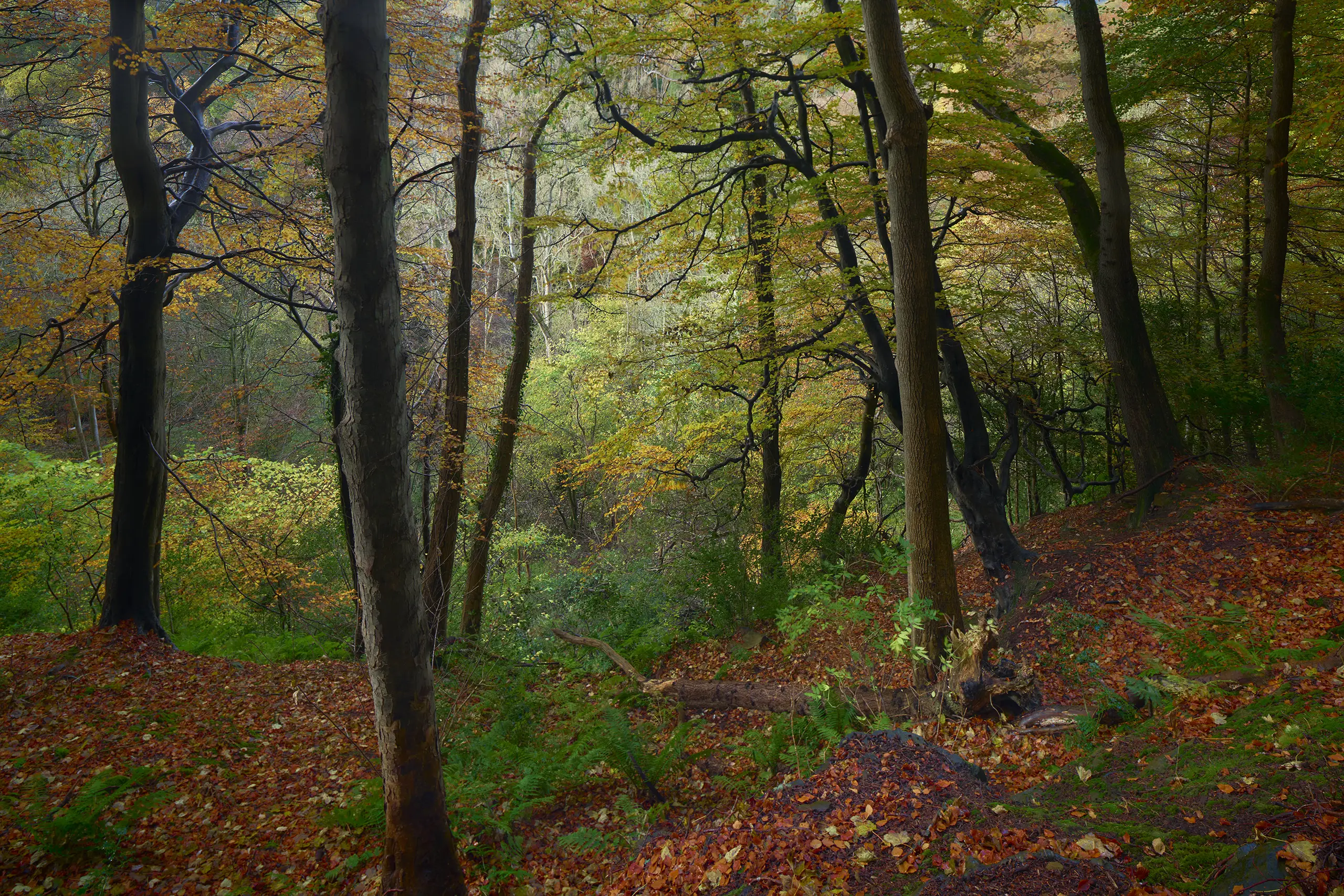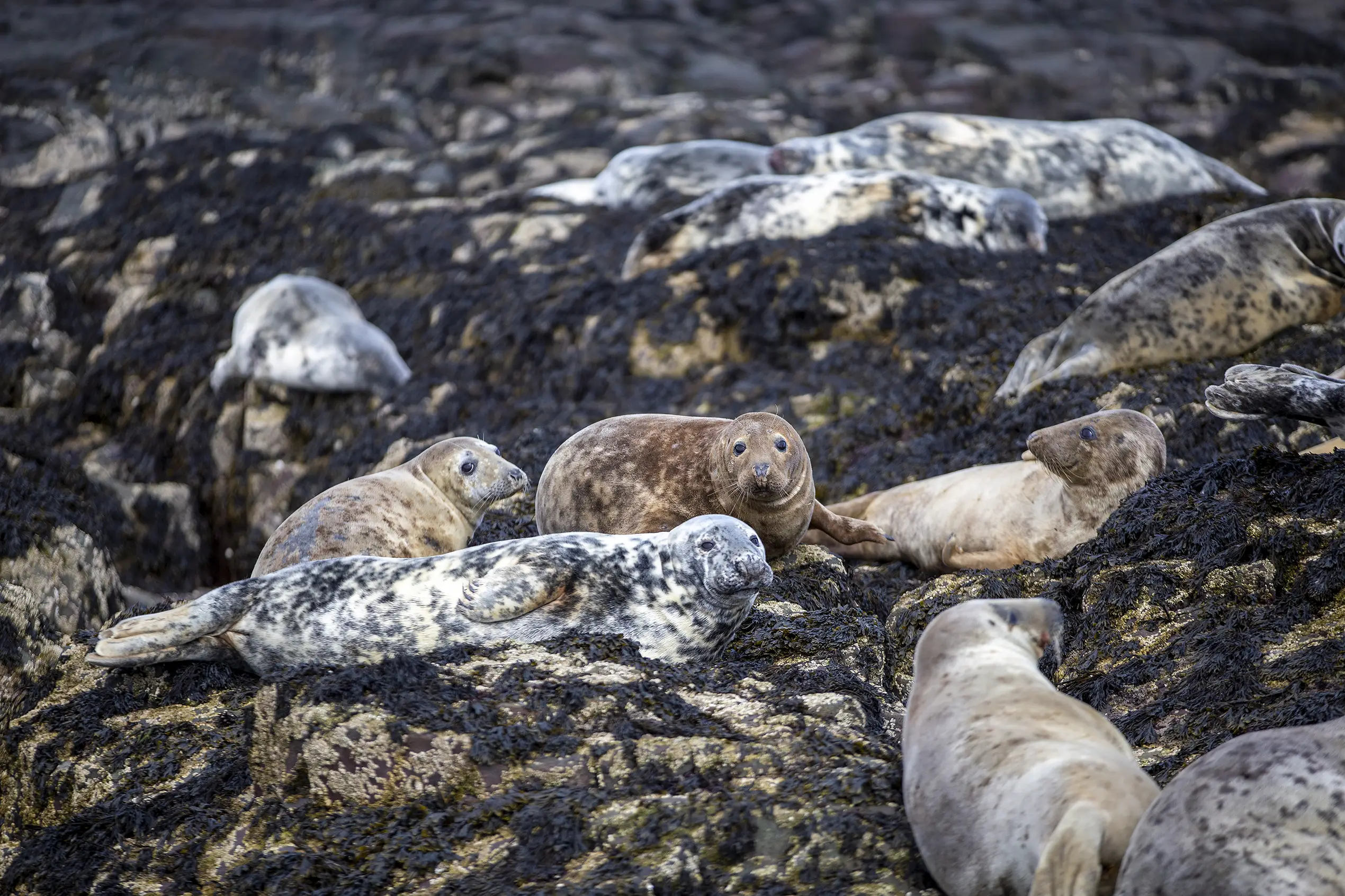We believe that creative and digital is no different to any other industry, and has a direct impact on the environment we live and work within.
A carbon balanced design and digital agency
We believe that creative and digital is no different to any other industry, and has a direct impact on the environment we live and work within.
Added to an increasing demand to demonstrate a commitment to being a sustainable business, environmental responsibility and social impact, at Think, we have committed to working towards being Net Zero by 2030 and to combat greenwashing.
During this process we have embedded becoming a Net Zero business into our culture:
We engaged our team
To fully understand our direction, we worked alongside Alectro, facilitate employee engagement throughout this sustainability journey, and identify which of the UN Sustainable Development Goals resonated with them the most.
We looked closely at our supply chain
Taking a closer look at who we partner with has given us an insight into our suppliers and we have implemented strategies to ensure we work with suppliers who have the same net-zero aspirations.
We became a carbon balanced design agency
In October 2024, we were proud to announce that we had been assessed and accredited as an ‘A standard business’ with the Virtual Sustainability Officer®’s Climate Clarity Hub.
With more rigorous data collection and better reporting, our 2025 audit graded us as ‘B standard business’ with the Virtual Sustainability Officer®’s Climate Clarity Hub.
The assessment process is rigorous yet straightforward, ensuring that only companies genuinely committed to sustainability receive the highest accolades.
Explore our public profile to learn more.
Our carbon footprint audit identified how much carbon we generated as a business in 2023-2024, and outlined where we need to improve and how we can meet these goals.
Our carbon footprint have been offset through the support of a number of projects that meet our teams preferred UN Sustainable Development Goals. These projects were supported through GoldStandard.
You can view the certification confirming our offsetting by accessing the Credit Retirement certificates here:
The projects we supported were selected as a team in 2025.
Production and dissemination of Ceramic Water Purifiers by Hydrologic, in the Kingdom of Cambodia
Cambodia
To date no Ceramic Water Purifier programs have been commercially viable in Cambodia. With the assistance of carbon finance, this project can be economically sustainable and provide a significant improvement in public health and household welfare. This project will provide access to adequate levels of clean drinking water to an estimated 1.7 million people across 312,000 households over 7 years. This project directly addresses several of the United Nations Millennium Development Goals (MDGs), including goal 4 and 7, and especially to halve, by 2015, the proportion of the population without sustainable access to safe drinking water and basic sanitation. It also integrates the principles of sustainable development into country policies and programs and reverses the loss of environmental resources; reducing child mortality, improving maternal health, combating disease, ensuring environmental sustainability.
UN SDGs met:
1: No poverty
3: Good health and well-being
6: Clean water and sanitation
7: Affordable and clean energy
8: Decent work and economic growth
13: Climate action
15: Life on land

Akbuk Wind Farm Project
Turkey
The Akbuk Wind Farm Project (Akbuk WFP) utilises wind energy potential in Turkey and compensates energy requirement through a sustainable, environmentally and cost-effective way. The Project Developer and Owner, Ayen Enerji A.S., installed Akbuk WFP with 31.50 MWe total installed capacity (15 turbines) with estimated 100 GWh electricity generation per annum, near Akbuk and Akyenikoy towns of Didim District of Aydin Province, Turkey. Akbuk WFP was commissioned on 19/03/2009.
UN SDGs met:
6: Clean water and sanitation
7: Affordable and clean energy
8: Decent work and economic growth
13: Climate action

Sapphire 49.5 MW Wind Farm Project
Pakistan
This 52.8 MW wind farm, (initially registered as 49.5 MW) is operated by Sapphire Group in the Jhimpir Wind Corridor, Sindh, Pakistan. It comprises 33 GE wind turbines delivering clean energy to the national grid and was the first wind project in Pakistan funded by the U.S. Development Finance Corporation (DFC)
UN SDGs met:
7: Affordable and clean energy
8: Decent work and economic growth
13: Climate action

Cleaner Cooking for Rural
Zimbabwe
Over 700 million Africans cook on open fires, which are extremely inefficient and a primary cause of deforestation across the continent. Open fire cooking is also the leading source of household air pollution (HAP), causing over 4 million premature deaths each year, more than tuberculosis and HIV combined. Improved cook stoves (ICS) can reduce HAP by up to 50% and fuel use by up to 70%. TASC has distributed over 79,000 cookstoves in rural Zimbabwe and reduced CO2 emissions by over 155,000 tonnes to date.
UN SDGs met:
1: No poverty
3: Good health and well-being
5: Gender equality
7: Affordable and clean energy
12: Responsible consumption and production
13: Climate action

The projects we supported were selected as a team in 2024.
Improved Cook Stoves for Schools and Institutions in Uganda (GS4364)
Uganda
Simoshi is a social enterprise improving livelihoods in Uganda by promoting energy-efficient institutional improved cook stoves (IICS) to schools. These stoves, sourced locally from Ugastove, reduce firewood consumption, improve health,and minimise environmental impact. Through payment schemes and free annual maintenance, Simoshi ensures schools can adopt and sustain the use of IICS, recycling carbon credit returns to expand their reach. Despite financial constraints, schools benefit significantly from the stoves’ impact on health, finances, and environmental conservation.
UN SDGs met:
1: No poverty
3: Good health and well-being
8: Decent work and economic growth
13: Climate action

27 MWP Solar PV Project by MH Technique Solaire India Private Ltd
India
The purpose of the project activity is to generate power using renewable energy source (solar energy) and sell the power generated to the state grid. The project activity generates electricity using solar energy. The generated electricity is exported to the regional grid system which is under the purview of the INDIAN electricity grid of India. The project activity replaces anthropogenic emissions of greenhouse gases estimated to be approximately 50,776 tCO2e per year, thereon displacing 54,203 MWh/year amount of electricity from the generation-mix of power plants connected to the INDIAN GRID, which is mainly dominated by thermal/ fossil fuel based power plant. The total installed capacity of the current project activity is 25 MW (27 MWp); which involves operation of Solar PV Project in the state of Maharastra in India. The project is promoted by MH Techniquen Solaire India Pvt. Ltd.
UN SDGs met:
7: Affordable and clean energy
8: Decent work and economic growth
13: Climate action

Burn Stoves Project in Kenya (GS5642)
Kenya
Project involved manufacture and distribution of JikoKoa improve cookstoves. The stove has higher efficiencies compared with baseline stoves commonly used in the country.
UN SDGs met:
1: No poverty
3: Good health and well-being
8: Decent work and economic growth
13: Climate action

